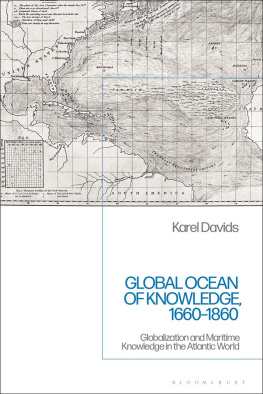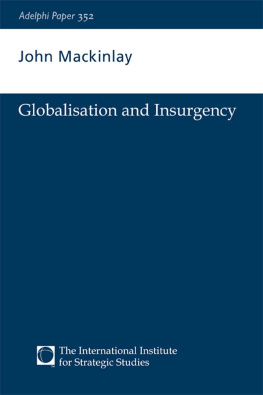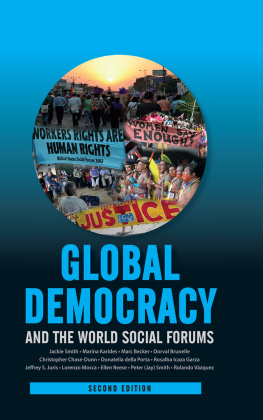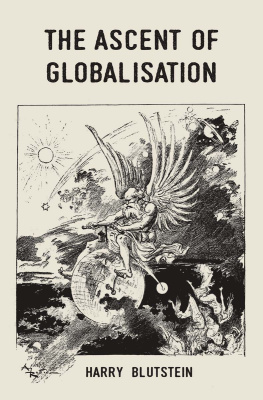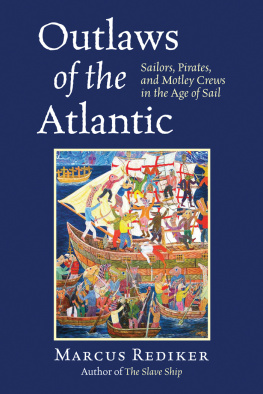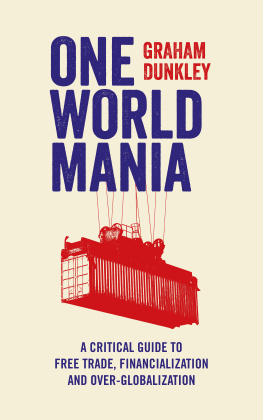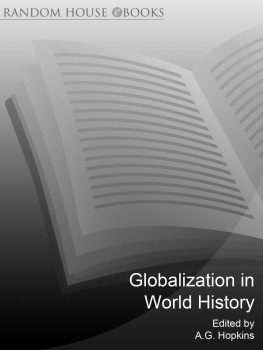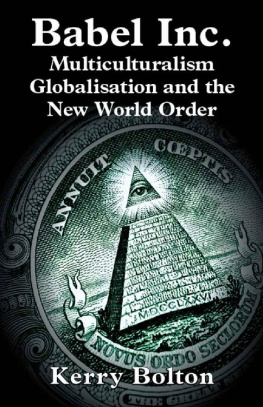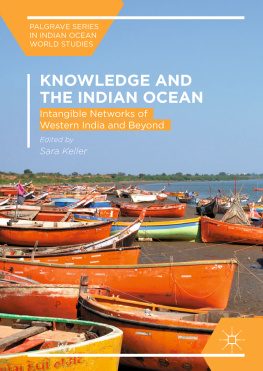This book is the concluding piece of a trilogy on the history of knowledge. All three books are concerned with the context and impact of the development of knowledge before the middle of the nineteenth century, each taking a different perspective and a different approach. The first book, published in 2008, investigates the rise and fall of technological leadership by means of a case study of technology, economy and culture in the Netherlands between about 1350 and 1800. The second one, published in 2013, offers a long-term comparative analysis of the relationship between religious contexts and technological development in China and Europe between about 700 and 1800. This work, which concludes the trilogy, is a synthesis on the relation between globalization and the growth of maritime knowledge, centred on the Atlantic world between about 1660 and 1860, which makes comparisons as well as examines connections.
Sections of chapters of this book have been presented as papers at workshops held at the Institut dEstudis Catalans in Barcelona in 2009, the National Maritime Museum in Greenwich in 2012, the Maison des Sciences de lHomme in Nancy in 2013 and the Max Planck Institut fr Wissenschaftsgeschichte in Berlin in 2014, in panels at the World Economic History Congress in Stellenbosch in 2012 and the European Conferences on World and Global History in London in 2011 and in Paris in 2014 and at a conference on The Global Lowlands in the Early Modern Period, 1300-1800 which took place at Brown University, Providence (RI), in 2014. A substantial part of the book has been written during a stay at the Netherlands Institute for Advanced Study in Wassenaar, with support from the Netherlands Organization for Scientific Research (NWO). I am grateful to all those present at these meetings for their stimulating comments on my work. I also thank three anonymous reviewers, whose thoughtful and stimulating remarks helped to improve the text. Finally, I would once again like to thank Dr Vivienne Collingwood for her excellent editing of the manuscript.
Heemstede, September 2019
The story of John Harrison is well known. In the summer of 1773, the British Parliament awarded this brilliant carpenter and clockmaker from Foulby, Yorkshire, the sum of 8,750 for constructing the first reliable timekeeper for determining longitude at sea. Added to the large amounts of money that he had received from the Board of Longitude in the previous ten years, Harrisons total remuneration for his efforts exceeded the 20,000 reward set by an Act of Parliament in 1714 for the best method for calculating longitude at sea. Harrison was hence known to posterity as the lone genius who had finally solved the most vexing problem in navigation. He was hailed as the man who found longitude.
Determining longitude at sea is of course an important aid in an age of advancing globalization. Once you are able to calculate your exact position at sea at all times, it becomes much safer, easier and cheaper to cross the oceans and to maintain regular maritime connections between different parts of the world. The story of Harrisons timekeeper is thus a perfect illustration of the relationship between globalization, knowledge and seafaring.
Yet, this familiar tale about the Yorkshire master craftsman represents merely a fraction of a much more complex web of relations between changing global connections, the expansion of knowledge and developments in oceanic shipping. For one thing, John Harrison was not the only pioneer to offer a successful solution to the problem of determining longitude. Pierre Le Roy and Ferdinand Berthoud pulled off the same feat in France at more or less the same time. During trials at sea, the marine chronometers made by these French craftsmen proved to be as reliable as Harrisons timekeeper.knowledge and seafaring involves a wide range of countries, includes a variety of bodies of knowledge and evolves over a prolonged period of time; and it is the story that lies at the heart of this book.
Global Ocean of Knowledge is about the relationship between globalization and the growth of knowledge related to the ocean. How did globalization influence the growth of maritime knowledge? What was the impact of maritime knowledge on globalization? How did this relationship change, and how can it be explained?
Historians have addressed the question of the relationship between globalization and knowledge in a number of ways. The most comprehensive and groundbreaking efforts to tackle this question include the Berlin-based Max Planck Institut fr Wissenschaftsgeschichtes project on The Globalization of Knowledge and Daniel Headricks analysis of the relationship between global hegemonies and technological change. In a sense, these studies represent contrasting approaches to the same problem.
The Berlin project, carried out under the supervision of Jrgen Renn, aimed to move beyond economic aspects of globalization, which seemed to dominate the perception of globalization as such. Instead of viewing globalization primarily as the integration of markets for goods, capital and labour, the Berlin authors argued that globalization should rather be conceived as a superposition of various layers, such as the migration of populations, the spread of technologies, the dissemination of religious ideas or the emergence of multilingualism, each of which had their own dynamics and history. Knowledge is involved in globalization processes in each of these various layers, but not just as one ingredient among many. It should be considered a critical element of globalization as such. According to the Berlin-based researchers, the globalization of knowledge as a historical process with its own dynamics orchestrates the interaction of all the underlying layers of globalization. Thus, they claim, studying the globalization of knowledge is the key to studying globalization as such.

